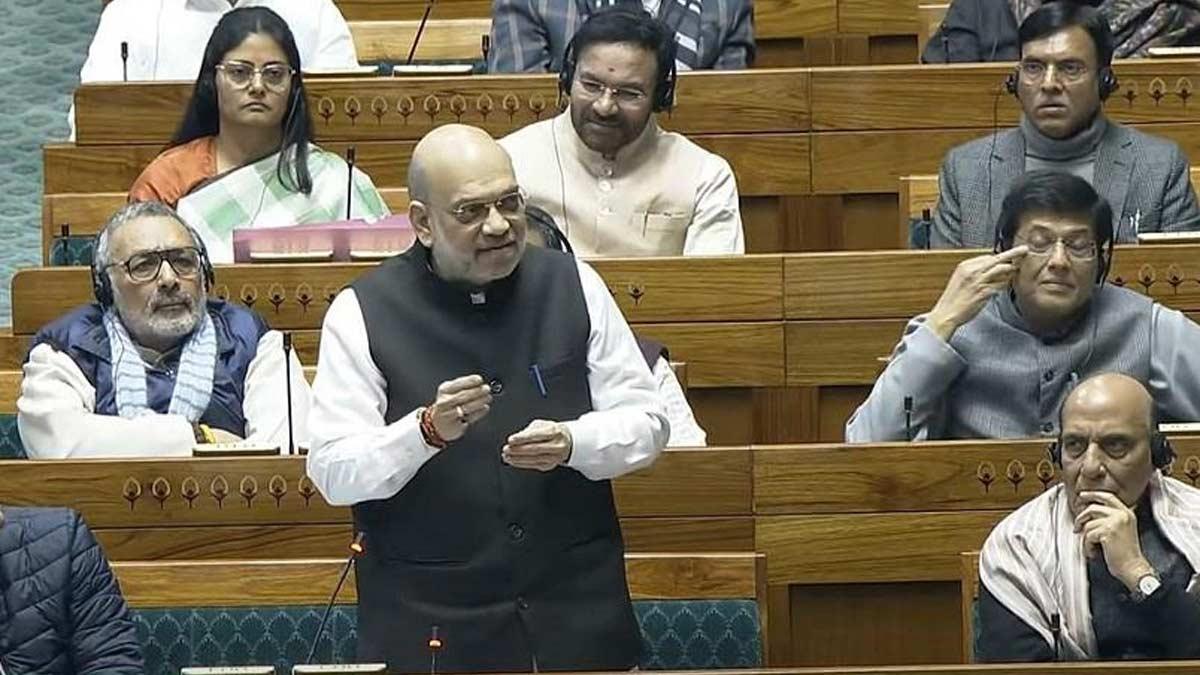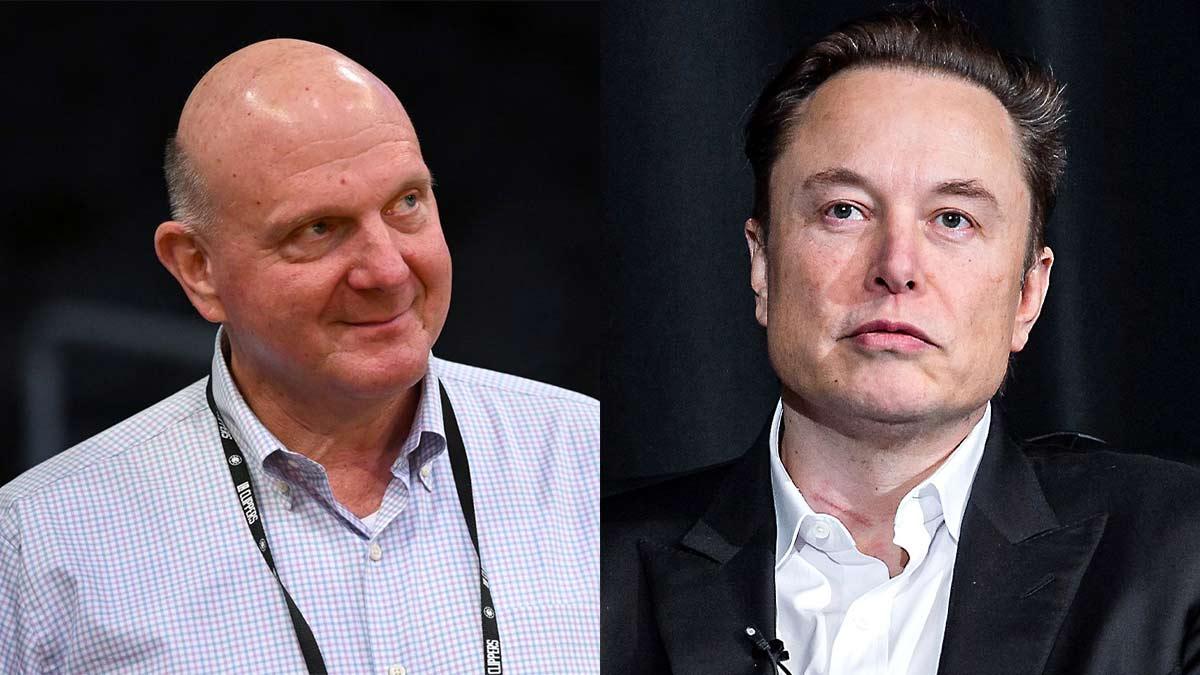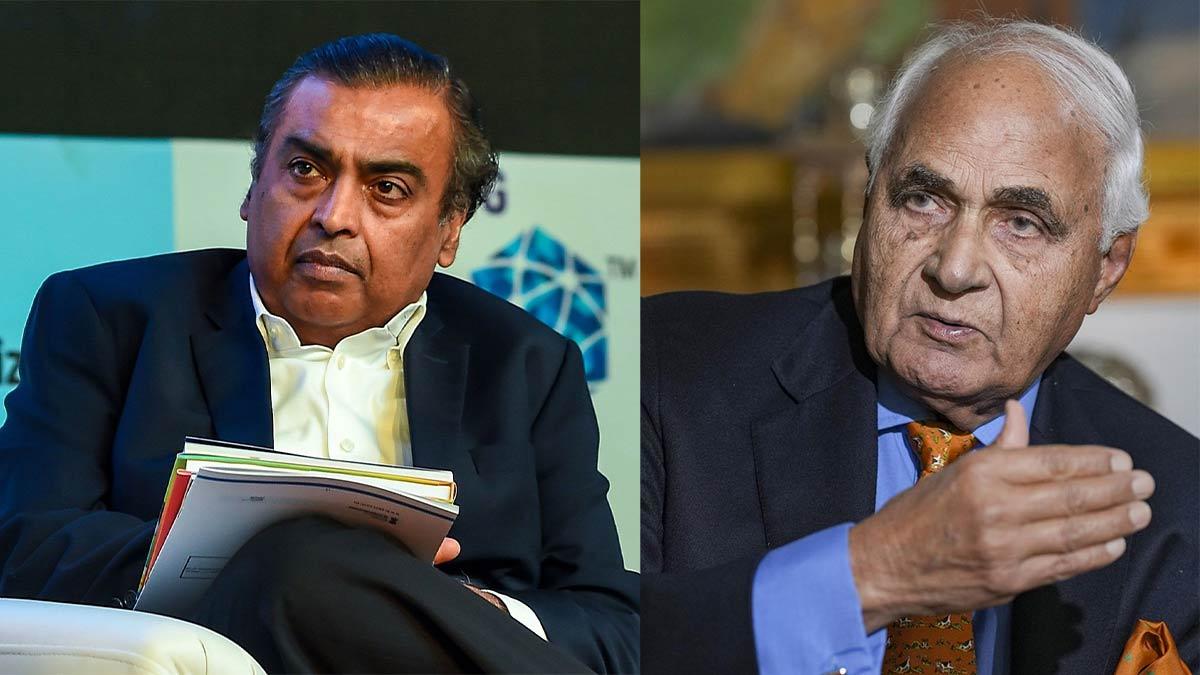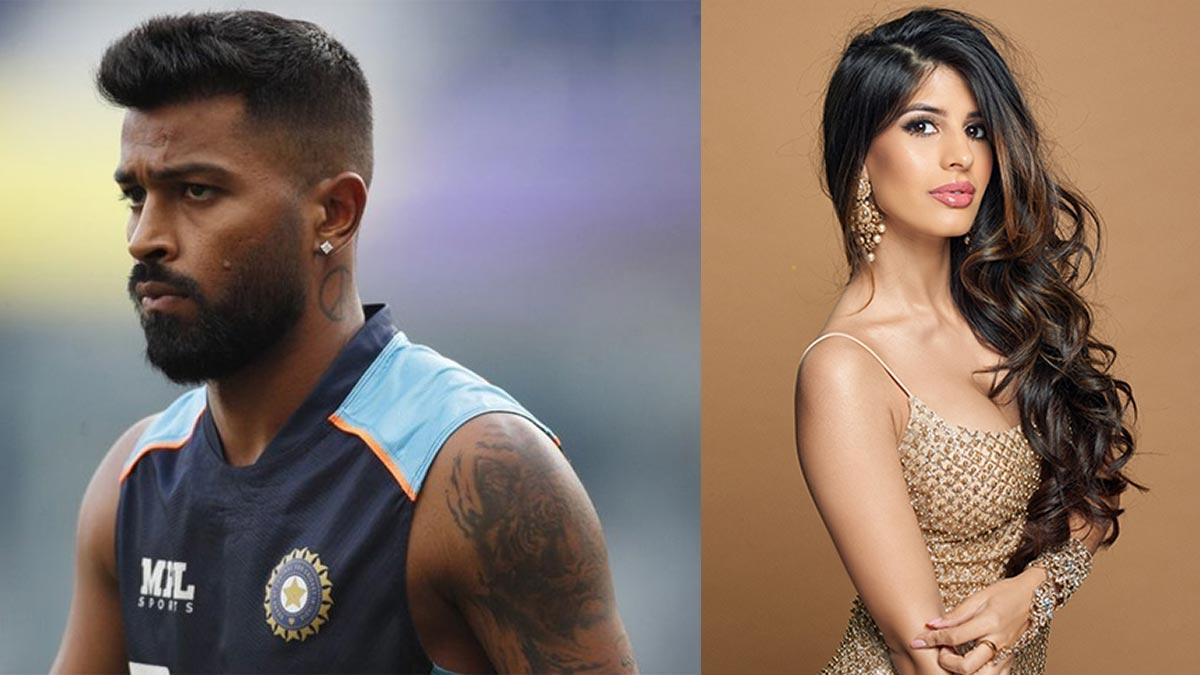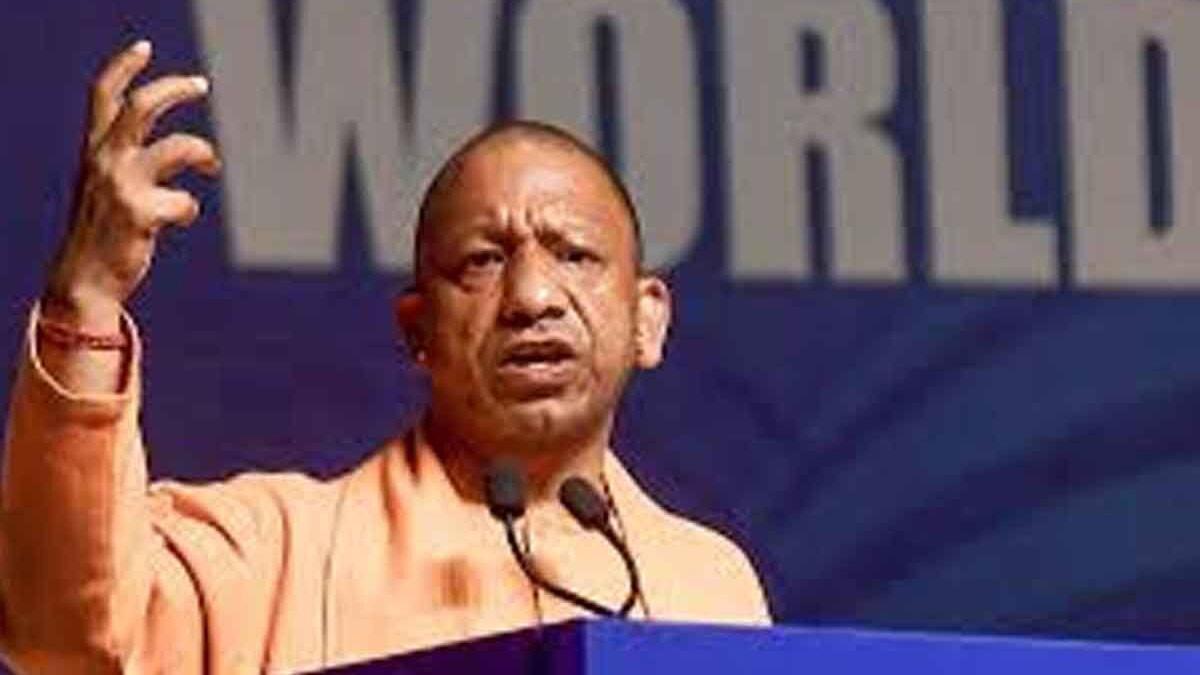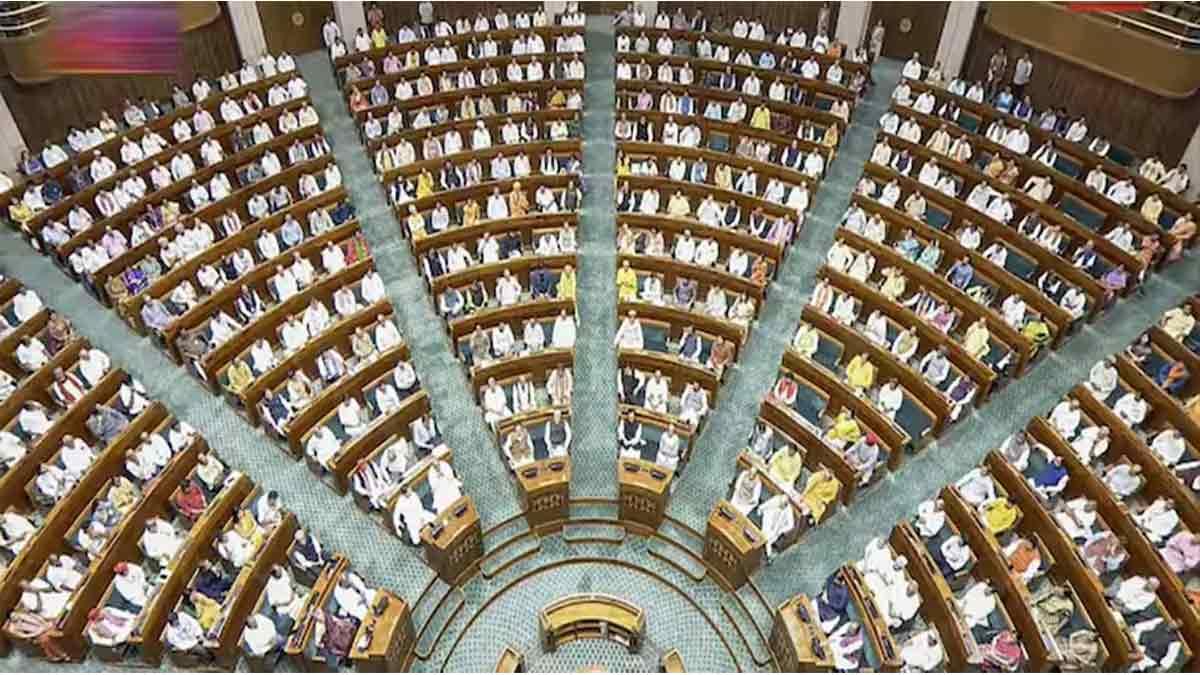On the second day of Union Home Minister Amit Shah's three-day tour of Jammu and Kashmir, another set back was suffered by the separatist movement when a key leader declared his departure from the Hurriyat Conference and pledged himself to the Indian Constitution.
Amit Shah, who is scheduled to arrive in the Kashmir Valley later today after completing his engagements in the Jammu region, is likely to take cognizance of the current trend of separatist leaders drifting away from the erstwhile influential Hurriyat platform.
The most recent to abandon separatist politics is Bashir Ahmad Andrabi, the head of the Kashmir Freedom Front (KFF). Andrabi issued a statement where he clarified that he and his organisation have cut all links with the Hurriyat Conference and its related factions.
We oppose the Hurriyat Conference's ideology, which has not been able to serve people's actual interests," Andrabi stated in his written statement. He also warned strongly against any move to associate him or his party with secessionist groups, saying legal action would be initiated against anybody doing so.
Andrabi’s move comes amid a growing wave of disillusionment with the Hurriyat, with several former leaders cutting ties with the group and embracing democratic values. Ghulam Nabi War, who heads the Tehreek-i-Istiqamat, also recently parted ways with the Hurriyat. War cited the coalition’s loss of public trust and legitimacy as his reasons for stepping away and similarly warned of legal action against the misuse of his or his party’s name.
Earlier, other groups such as the Jammu & Kashmir Democratic Political Movement (JKDPM) and the Jammu and Kashmir People's Movement (JKPM) had also declared their withdrawal from the Hurriyat fold, swearing allegiance to the Constitution and expressing their faith in India's democratic institutions.
The Union Home Minister has welcomed these developments, terming them as indications of greater national integration in the Union Territory after the historic abrogation of Article 370.
Hurriyat Conference, which was initially formed on March 3, 1993, as a political platform for the representation of the country's insurgency forces, consisted of 26 social, political, and religious organizations initially—some of them even including the Kashmir High Court Bar Association and a group of government workers.
But internal factions resulted in the Hurriyat splitting on September 7, 2003, into a hardline faction headed by Syed Ali Shah Geelani and a moderate faction headed by Mirwaiz Umar Farooq.
Ever since the abrogation of Article 370 on August 5, 2019, the Hurriyat has functionally come to a halt. There have been no shutdown calls, no protests upon official visits by dignitaries, and no coordinated demonstrations on events such as Independence Day or Republic Day.
Also, one of the biggest issues that have hounded the region—stone pelting—has witnessed a complete stop in the wake of the constitutional shift, signaling a shocking changeover in the law and order scenario in Kashmir.
Read also| Watch | Zubin Irani Commends Smriti Irani's Role in Waqf Bill and NEP Developments

